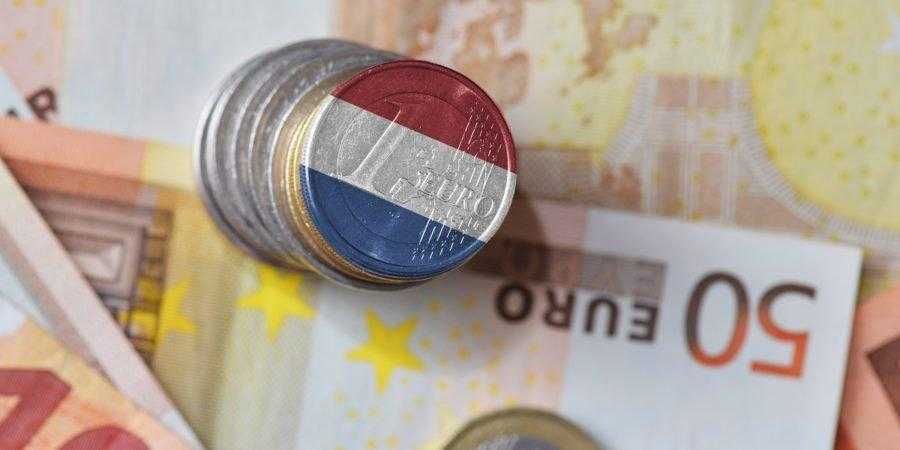Benefits
The benefits of using market orders for businesses or personal currency transfers include targeting better exchange rates. Secondly, lower your foreign exchange transfer cost if the targeted exchange rate is achieved.

Imagine the exchange rate improves due to world events such as a recession, pandemics, or elections. The currency exchange rate can rise to allow you to reach a targeted exchange rate. In turn, this exchange rate improvement means the transfer cost will have been reduced thanks to the improved exchange rate. Another benefit of a market order is that it can be cancelled without charge, providing the agreed exchange rate level of the market order hasn’t been met.
Types of Market Order
Limit order
A limit order is a market order that allows a private client or business to target a better rate than the current exchange rate. When this ideal rate is achievable, the currency can be purchased automatically by a foreign exchange broker on behalf of their client.
Stop-loss
A stop-loss is a financial product that further helps a business or individuals limit their transfer’s risk being impacted by foreign exchange market volatility. Whereas the limit order targets an ideal exchange rate, a stop-loss protects against a lower exchange rate and adverse currency market movements. When combined, whichever exchange rate order is reached first, the client is obliged to trade at.
Disadvantages
Whilst there are benefits to using limit orders, downsides occur if the exchange rate doesn’t improve but weakens, meaning that the ideal exchange rate isn’t met. If this happens, you run the risk of trading at a worse exchange rate than if you had made an immediate transfer on the first day. However, the risk of a lower exchange rate can be overcome or limited by using a stop loss in conjunction with the limit order.
Pricing
Limit order and stop-loss pricing will vary on the exchanged currencies and the volume of money being transferred. Typically, orders will be priced similarly to Spot contracts and forward contracts, with Foreign exchange brokers charging 0.5% to 3 % commission on the total value of the money transfer.
Booking a Market Order
An individual or business can book a market order over the phone in much the same way as a spot or forward contract. The client will need to state the exchange rate they wish to buy, the amount of currency they want to exchange, and the order’s time frame. This time frame represents how long they have to complete their money transfer.
The time frame is how long the order could last for six months unless the targeted exchange rate is met before. In which case, the money can be transferred at that point.
Foreign Exchange Broker
A broker will typically allow their clients to book a market order over the phone. The client would rarely have the ability to secure a market order online, especially if the amounts involved are significant. Once the target exchange rate, time frame, and quantities are agreed upon, the market order will be booked by the foreign exchange broker. An email confirmation is sent shortly afterwards.
If the market order is secured and the exchange rate met, the broker will notify the client and request any outstanding funds are sent to complete the transaction.
Banks
Banks can supply market orders; these will usually be private banks to High-net-worth individuals, business or corporate banks to businesses. Retail banks will rarely offer orders. Banks that provide individual and business clients the ability to book orders will typically offer their products over the phone and occasionally on their online trading platforms to corporates.
Business
The use of market orders for businesses dealing or purchasing goods overseas can be beneficial. When exchange rates move in the businesses favour, the cost of buying goods overseas can be reduced dramatically. Targeting an exchange rate allows businesses to benefit from exchange rate movements within an invoice payment date, for example, 90 days. Currency pairs exchange rates can move 1-3% quickly, meaning effective use can significantly benefit a company.
A stop-loss can also be added to provide the business with a different level of protection. Meaning businesses can manage costs by limiting the risk of significant currency fluctuation and ensuring the transactions are kept within the budget.
Individuals
Individuals making significant overseas purchases will gain access to market orders via a foreign exchange broker. For example, suppose the client is purchasing an overseas property and is working to a tight budget. In that case, an order allows the client to reduce costs if the targeted exchange rate is met.
Suppose a limit order is coupled with a stop loss. In that case, the client purchasing property also benefits from limiting the risk of negative currency volatility. A stop-loss represents the lowest exchange rate they are willing to trade at. The limit orders, the higher the exchange rate they would ideally exchange currency at. Whichever exchange rate is met first, the client then converts at.